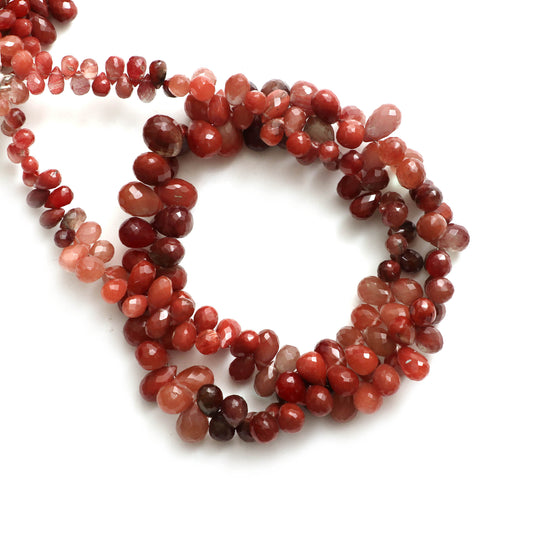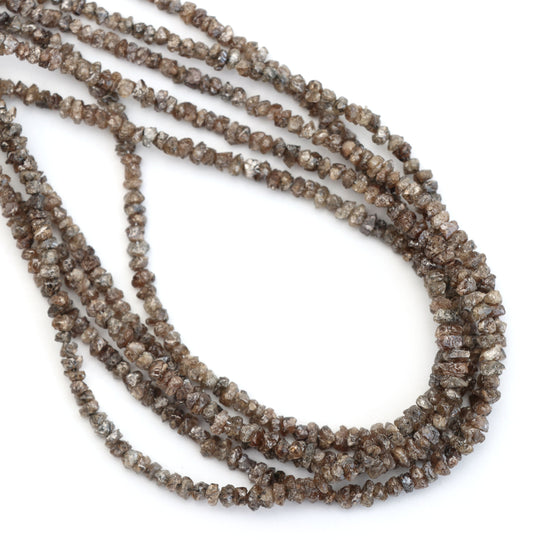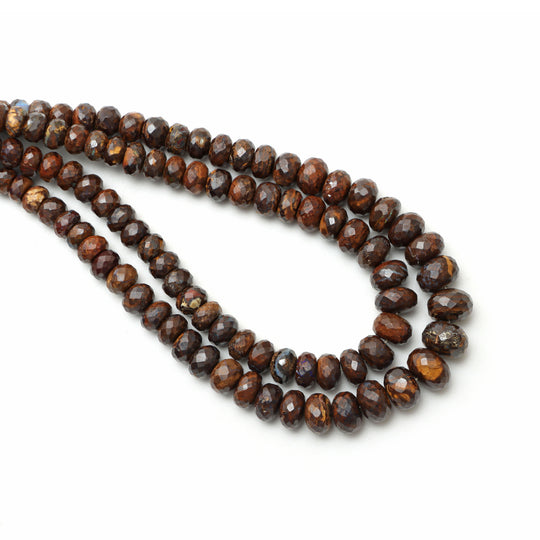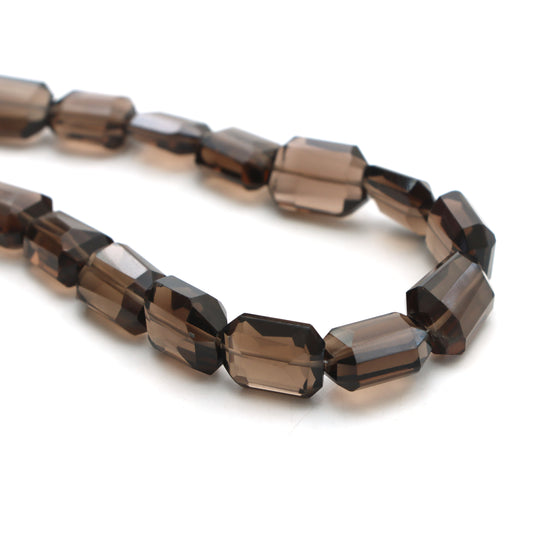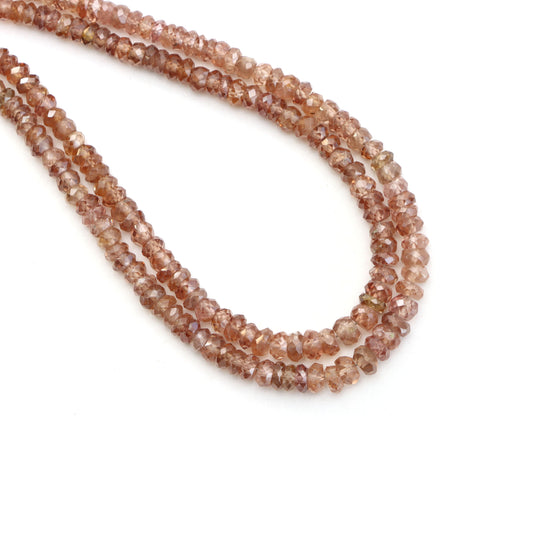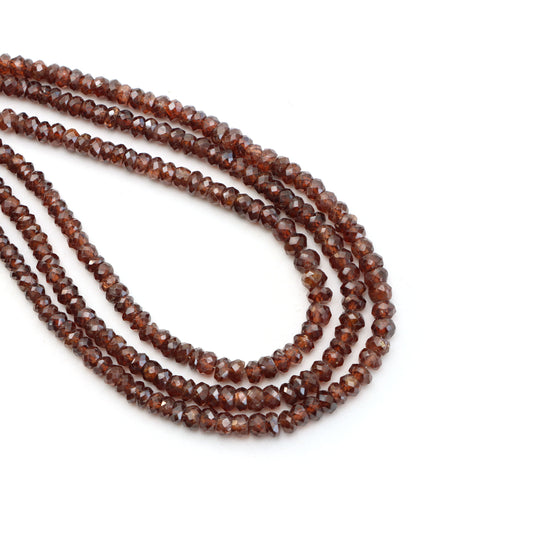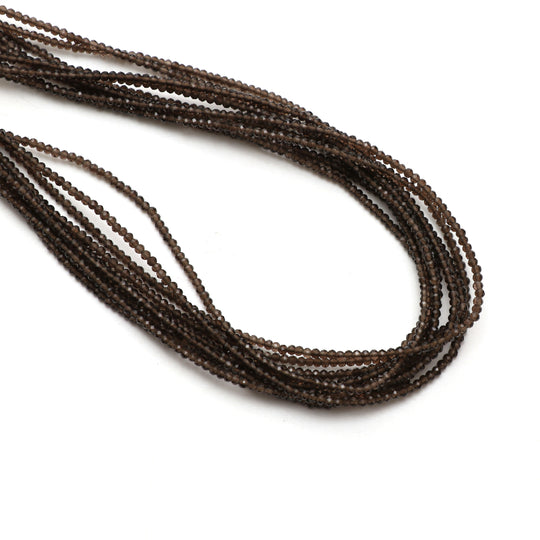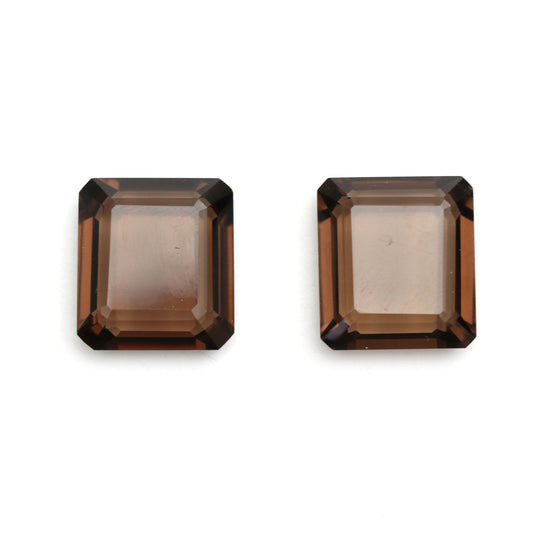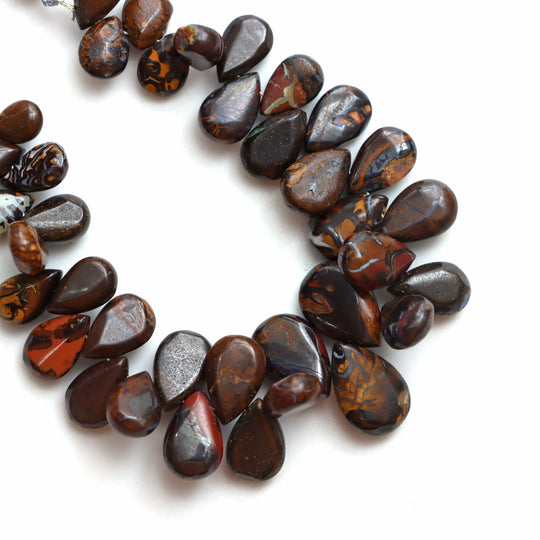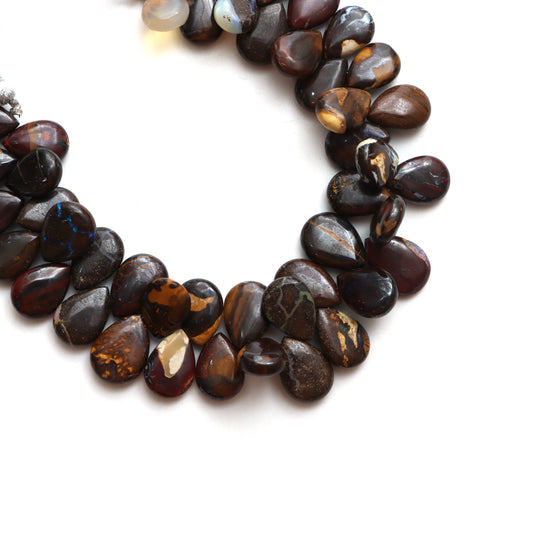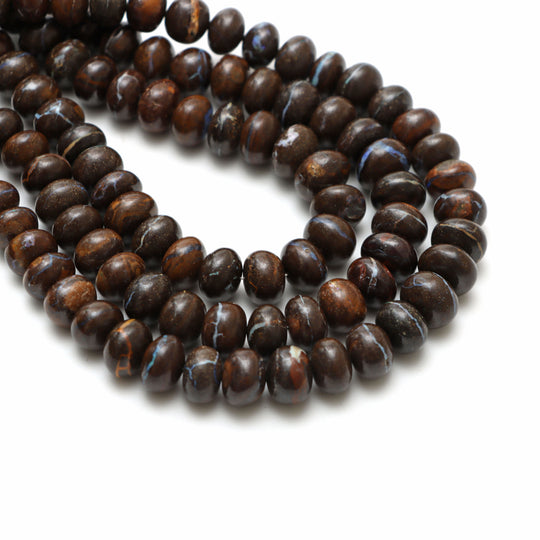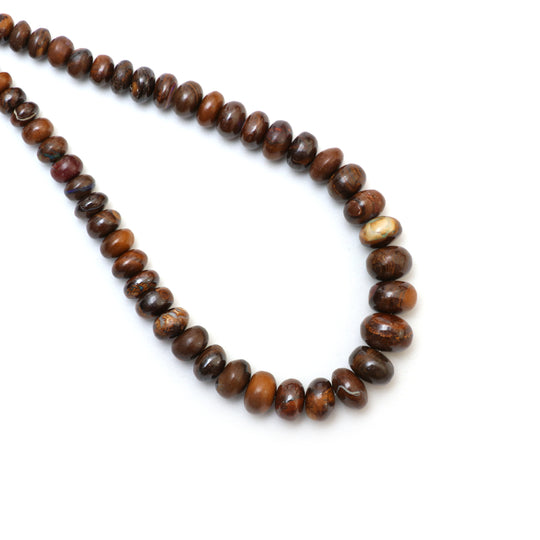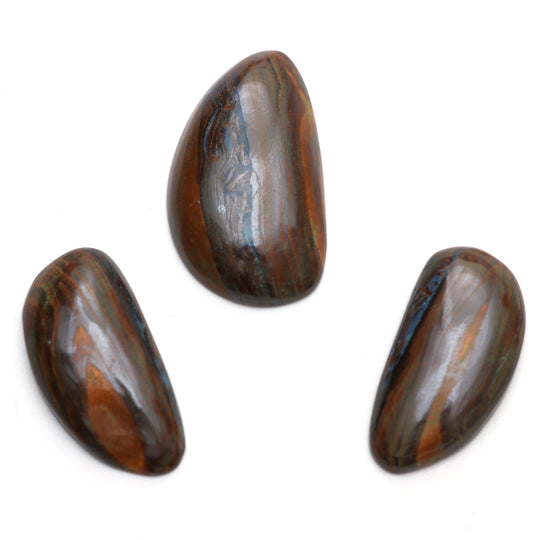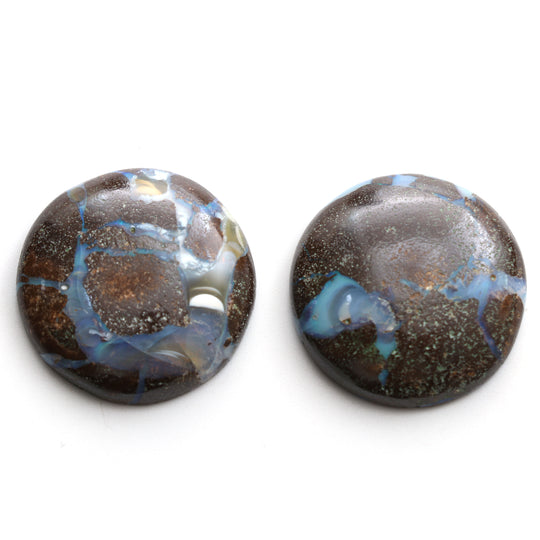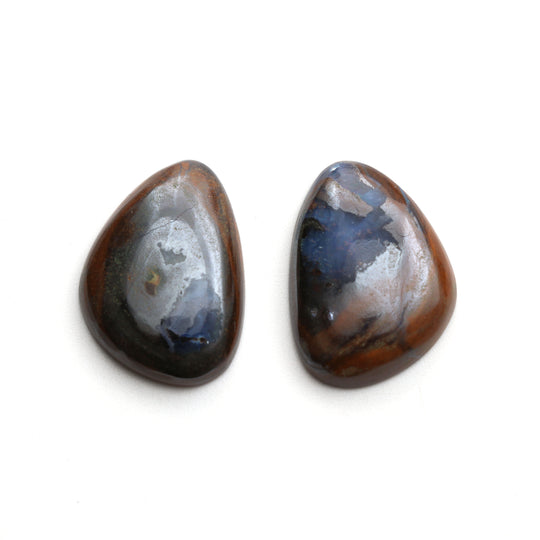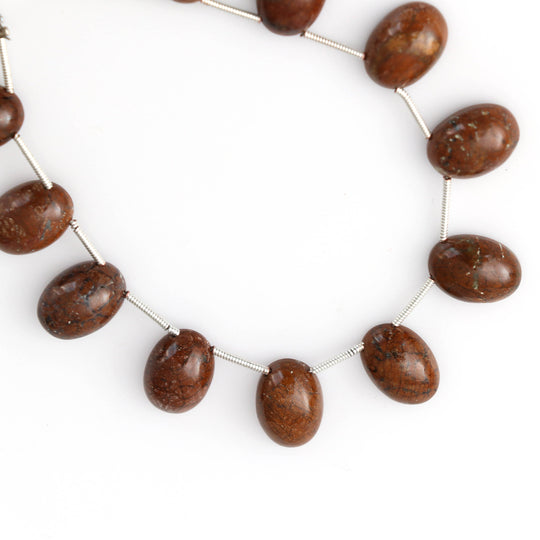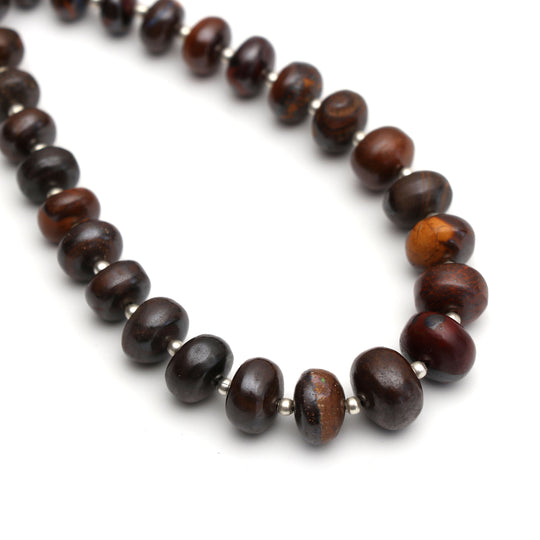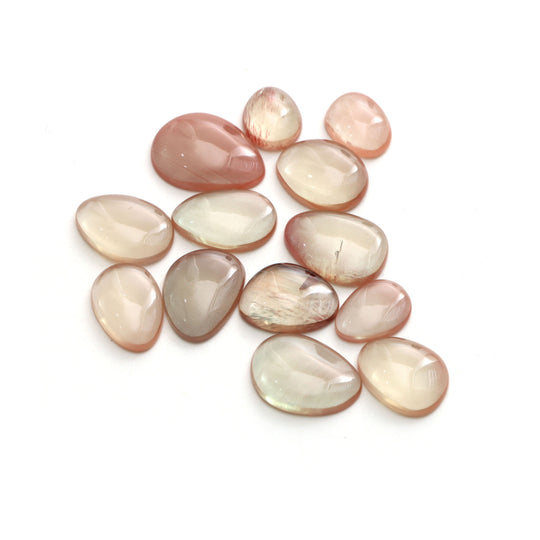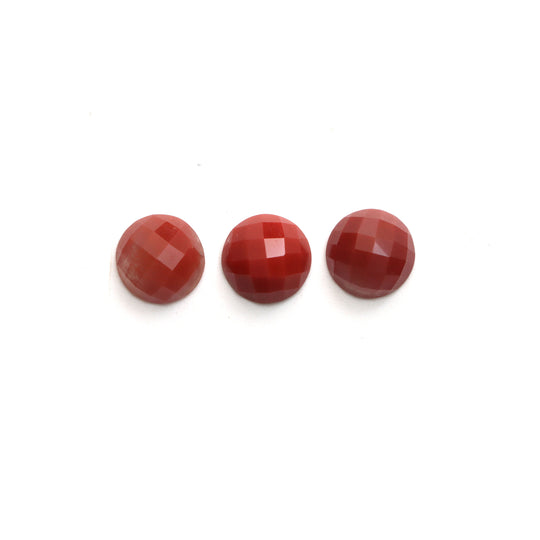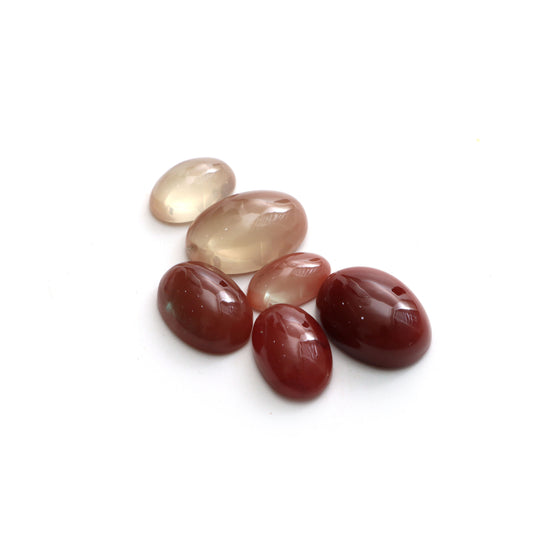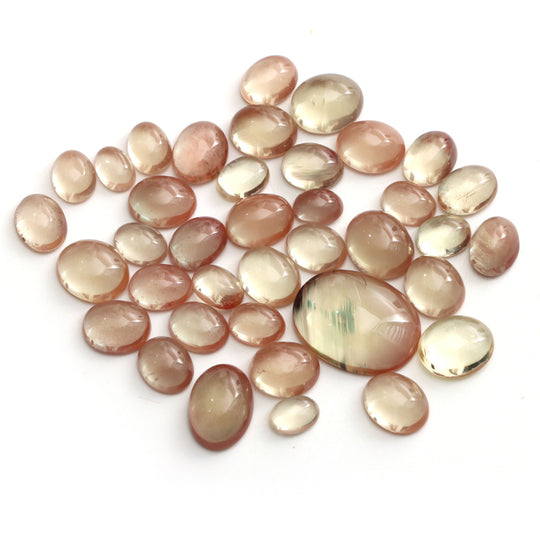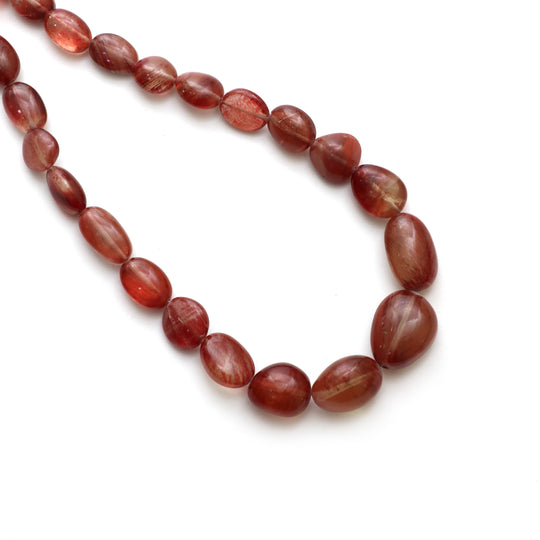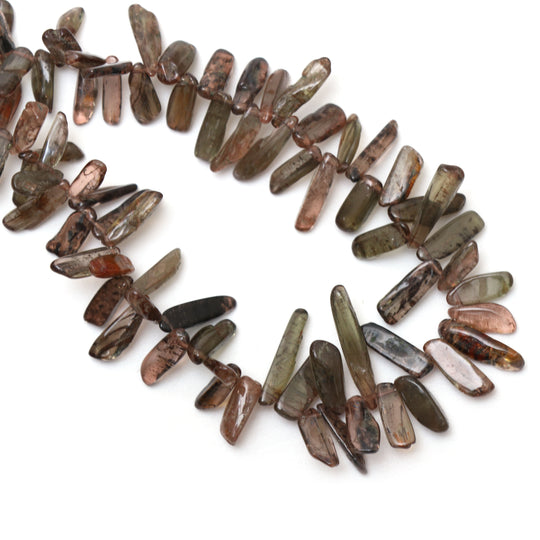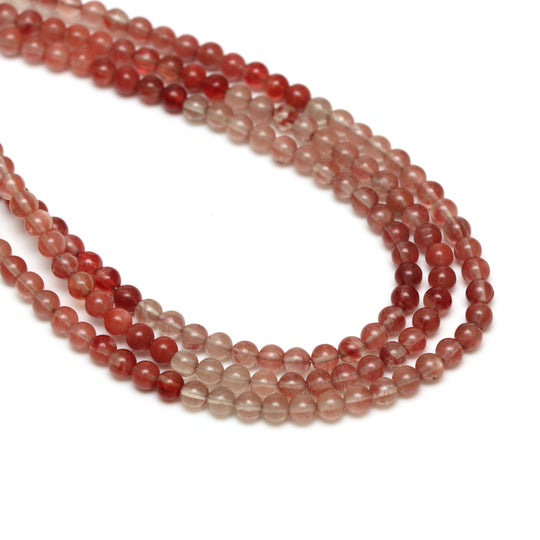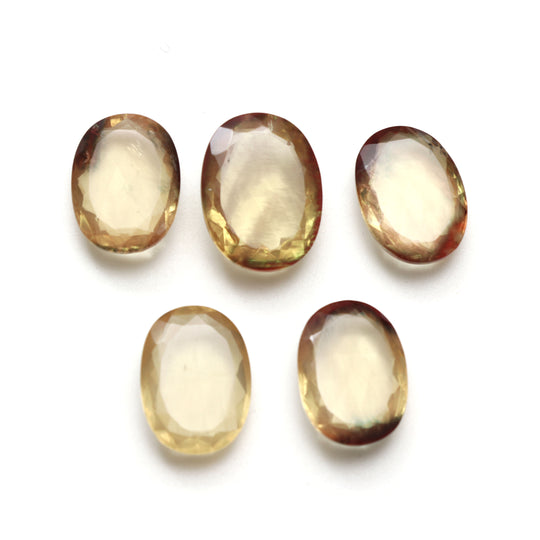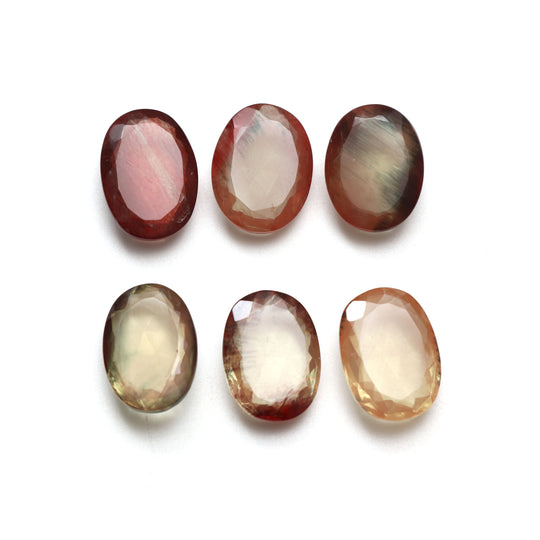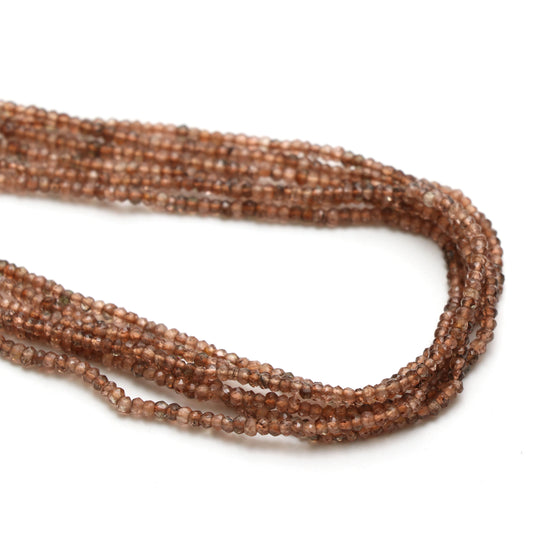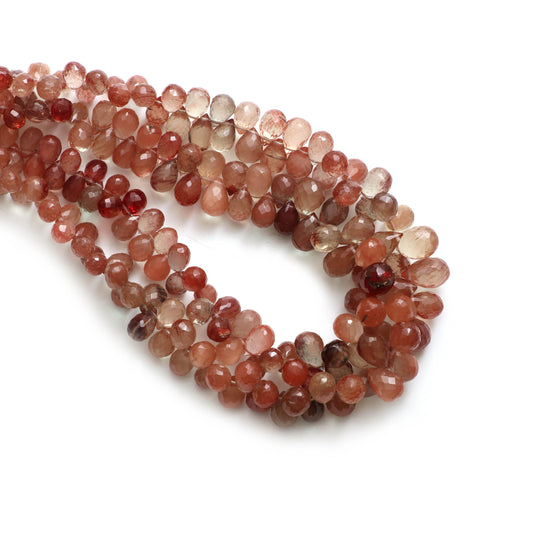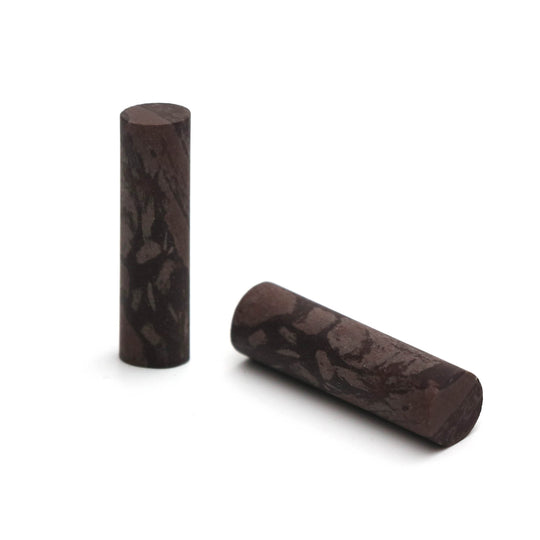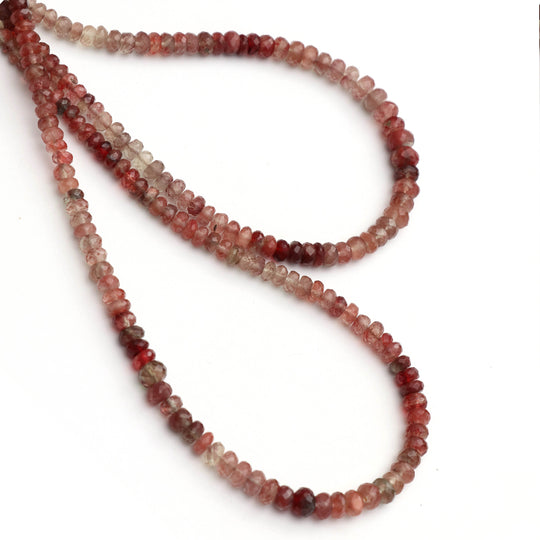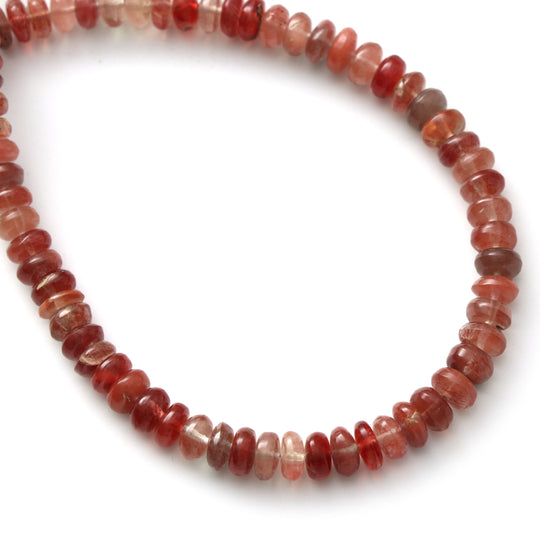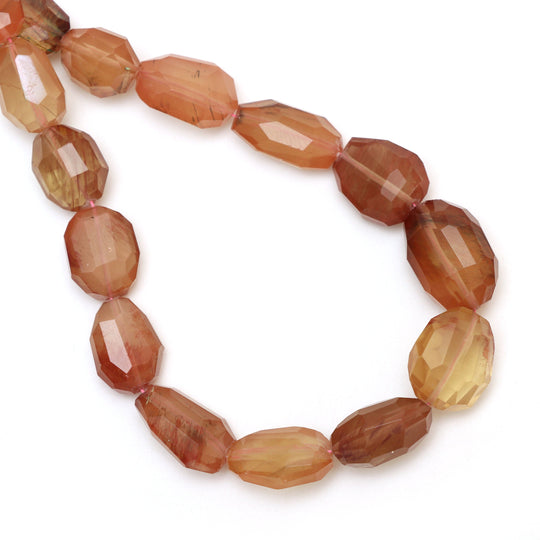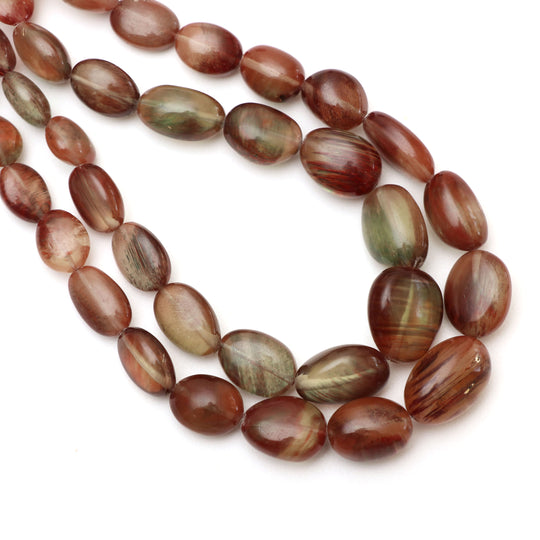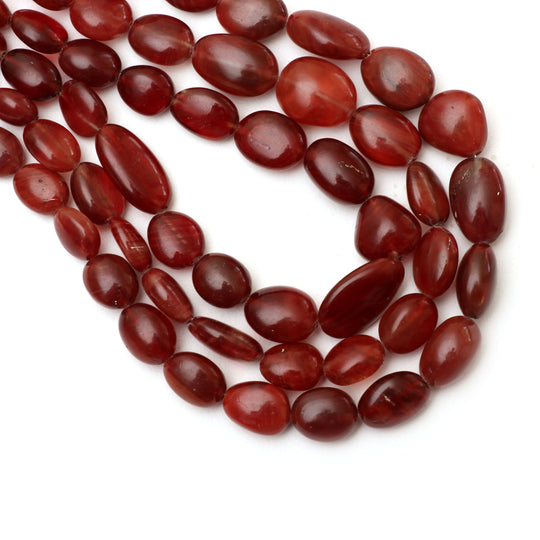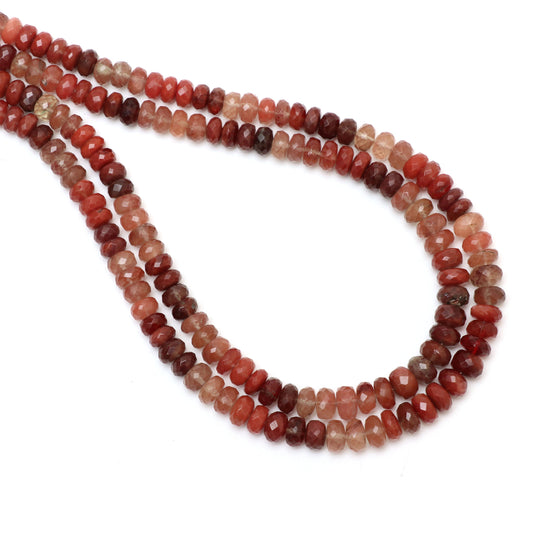Brown gemstones
Brown gemstones are gemstones that display a range of brown hues, from light tan to dark chocolate. With high-profile celebrities flaunting brown gemstones on the red carpet, brown is a statement gemstone that is eye-catching and unique.
Brown Gemstones
National Facets
$179.00
$194.00
National Facets
$2,466.00
$2,663.00
National Facets
$390.00
$421.00
National Facets
$177.00
$192.00
National Facets
$60.00
$65.00
National Facets
$189.00
$204.00
National Facets
$619.00
$668.00
National Facets
$301.00
$325.00
National Facets
$229.00
$247.00
National Facets
$120.00
$129.00
National Facets
$116.00
$125.00
National Facets
$370.00
$400.00
- ←
- →
Brown Gemstones Properties, Uses & Facts
- When it comes to Brown Crystals and wealth, work hard and dream big and you will never have to worry about money, prosperity, or abundance.
- Brown colored gemstones carry the energies of stability and security. They represent solidity and protection, as well as motivation and determination.
- People who prefer having Brown Crystals are often very orderly and conventional.
- When it comes to love and relationships, Brown Crystals represent reliability, stability, and security.
- You can always count on the energies of these crystals to calm your worries and ease your fears about your relationship.
- Brown gems signify warmth and affection, as well as strong foundations.
What are the types of Brown Gemstones?
Here are some of the most common brown gemstone identification based on its types:
Smoky Quartz - a transparent to translucent brown variety of quartz
Tiger's Eye - a chatoyant brown gemstone composed of parallel fibers of quartz and limonite
Citrine - a yellow to brown variety of quartz that is often used as a less expensive alternative to yellow diamonds
Topaz - a popular gemstone that comes in many colors, including brown
Amber - a fossilized tree resin that can range in color from pale yellow to dark brown
Garnet - a gemstone that comes in many colors, including brown
Tourmaline - a gemstone that comes in many colors, including brown
Smoky Topaz - a brown variety of topaz that has been heat-treated to enhance its color
Chocolate Diamonds - a brown variety of diamonds that has become increasingly popular in recent years.
These are just some of the many types of brown gemstones available, each with its unique characteristics, properties, and uses.
What are the benefits of Brown Gemstones?
Here are some general benefits that brown gemstones are believed to provide:
Grounding and stabilizing: Brown gemstones are often associated with grounding and stabilizing energy. They are believed to help us connect with the earth and bring a sense of stability and balance to our lives.
Calming and soothing: Many brown gemstones are believed to have a calming and soothing effect on the mind and body. They can help to alleviate stress, anxiety, and other negative emotions.
Enhancing creativity: Brown gemstones are also associated with creativity and self-expression. They are believed to stimulate the imagination and help us tap into our creative potential.
Promoting prosperity and success: Some brown gemstones, such as citrine, are believed to promote prosperity and success. They can help us attract abundance and achieve our goals.
Enhancing physical health: Brown gemstones are also believed to have healing properties that can enhance physical health. They can help to relieve pain, boost the immune system, and promote overall well-being.
It is important to note that these benefits are based on traditional beliefs and should not be used as a substitute for professional medical advice or treatment.
List of Brown Gemstones
Here is a common brown gemstones list:
- Smoky quartz
- Tiger's eye
- Citrine
- Topaz
- Amber
- Garnet
- Tourmaline
- Bronzite
- Zircon
- Agate
- Jasper
- Hematite
- Petrified wood
- Andalusite
- Sardonyx
- Sphalerite
- Dravite
- Enstatite
- Hessonite garnet
- Mahogany obsidian
Where to buy Brown Gemstones in USA?
You can buy brown gemstones from various sources, such as:
- Jewelry stores
- Online gemstone retailers
- Gem and mineral shows
- Brown gemstone beads wholesale
Also, while you choose to buy brown gemstone online be sure to purchase from the best wholesale gemstone manufacturers in USA to check the quality and authenticity to ensure that it is genuine stones.
Frequently Asked Questions
Q: What is a rare yellow gemstone?
A: One of the rarest yellow gemstones is the canary diamond. Canary diamonds are a type of yellow diamond that are characterized by their bright, vibrant yellow color. They are among the most valuable and sought-after of all colored diamonds, with only a small percentage of diamonds in the world possessing a true canary yellow hue. The rarity of canary diamonds is due to the presence of nitrogen atoms in the diamond crystal lattice, which causes the yellow coloration. Other rare yellow gemstones include heliodor, sphene, and yellow sapphire.
Q: What is the rarest stone color?
A: The rarest stone color is generally considered to be red. This is because most red gemstones are very rare and often have limited sources of origin, making them difficult to find and mine. For example, the red diamond is one of the rarest diamonds in the world, with only a few dozen known to exist.
Q: Which stone is most precious?
A: The most precious stone is generally considered to be the diamond. Diamonds are valued for their beauty, durability, and rarity. They are also the hardest natural substance on earth, making them a popular choice for use in jewelry and other decorative items. Other factors that make diamonds so valuable include their unique optical properties, such as their ability to reflect and refract light in a way that creates a brilliant sparkle. While there are other gemstones that are also highly valued, such as emeralds, rubies, and sapphires, none of them command the same level of price and prestige as diamonds.
Q: What is the rarest gem in Earth?
A: The rarest gemstone on Earth is generally considered to be Painite, which was first discovered in Myanmar in the 1950s. Painite was named after Arthur C.D. Pain, a British mineralogist who first identified the stone. Until 2005, there were only two known specimens of painite in the world, making it one of the rarest gemstones on Earth.
Q: Is there yellow amethyst?
A: Amethyst is a purple variety of quartz and is typically not found in yellow. However, there is a yellow variety of quartz known as citrine, which is often mistaken for yellow amethyst. Citrine can range in color from a pale yellow to a deep amber or orange, and is formed when amethyst is exposed to heat or radiation. While citrine and amethyst are both members of the quartz family and share many similar properties, they are distinct gemstones with their own unique characteristics. So, while there is no such thing as a true yellow amethyst, citrine is a beautiful and popular yellow gemstone that is often used in jewelry.
Q: What is the most mysterious gem?
A: There are several gems that are often considered to be particularly mysterious or enigmatic due to their unusual properties, origins, or cultural associations. One of the most mysterious gems is probably black diamond, also known as carbonado. Unlike traditional diamonds, which are clear or white, black diamonds are opaque and appear dark due to the presence of inclusions of graphite and other minerals. Black diamonds are also thought to have extraterrestrial origins, as they are believed to have formed in outer space and fallen to Earth as meteorites.
Another mysterious gemstone is opal, which is prized for its iridescent, shifting colors that seem to glow from within the stone. Opals are formed from water that seeps into silica-rich rocks, and are often associated with myths and legends about their supposed supernatural powers.
Moonstone is another gemstone that is often considered to be mysterious due to its glowing, luminous quality. Moonstone has a milky, translucent appearance and is prized for its mystical associations with the moon and the feminine energy it is said to embody.
Of course, the idea of a "mysterious" gemstone is largely subjective and may vary depending on cultural, historical, and personal perspectives.

